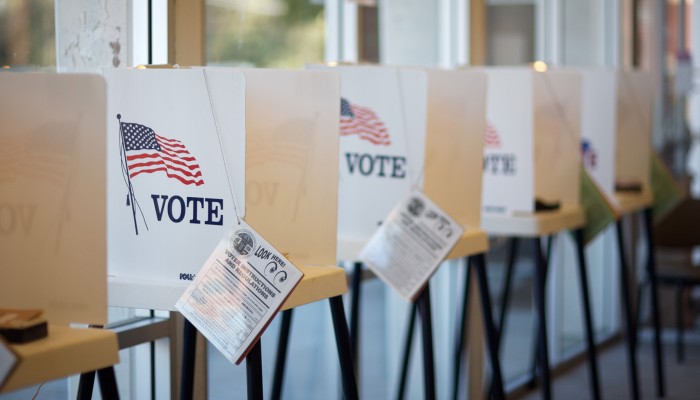A Wisconsin appeals court on Tuesday put on hold a purge of approximately 200,000 voters from the state voter rolls. The court proceedings have been complicated, and how it will end is unclear, but this purge is a bad idea regardless of how the courts come down on its legality.
The purge might happen in 2020 (rather than in 2021, as planned by the Wisconsin Election Commission) because an activist group sued state election administrators, alleging they were not purging voters aggressively enough. This bullying of election administrators into purging is an alarming trend. From 2008 to 2018, more than half of all federal lawsuits on purges brought by private activists were actions to pressure states into purging more voters from the rolls. In 2017 and 2019, anti-voter activists encouraged extreme purge practices by sending a series of letters to local election officials across the country, threatening legal action if the jurisdictions did not undertake more aggressive purges. In some places — including California, Wisconsin, and Detroit — the letters were followed by lawsuits.
The Wisconsin purge controversy is happening in an already highly tense environment, as Wisconsin’s 2016 presidential vote was decided by fewer than 23,000 votes. The state passed a strict photo ID law in 2011 and cut back early voting opportunities in 2011 and again in 2014.
Meanwhile, other voter purge controversies have been happening across the country. In December, Georgia purged over 300,000 voters from its rolls. Last fall, Ohio was poised to purge 235,000 people from its rolls before it discovered that about 20 percent of the voters on the list shouldn’t have been on it at all. Earlier in 2019, Texas sought to purge nearly 100,000 voters who were purportedly noncitizens, but a federal court stopped the purge from going forward because the state was relying on faulty data.
As courts in Wisconsin deliberate on the lawfulness of a purge there, there’s no question that, in most states, this kind of purge would violate federal voting protections in the National Voter Registration Act (NVRA). However, Wisconsin is exempt from that law because the state allows people to register and vote on Election Day.
Under the NVRA, a state may not remove a voter for failing to respond to a notice regarding a potential change of address until two federal elections have passed. In addition, the NVRA prohibits a systematic purge within 90 days of a federal election. These provisions ensure that voters have sufficient time to fix any mistakes by election administrators before their registrations are cancelled. If the purge goes forward in Wisconsin, there will be no two-cycle waiting period and the purge will occur with less than 90 days before the Democratic presidential primary.
The logic behind Wisconsin’s exemption is that Election Day registration mitigates some of the concerns that arise from sloppy purges because even a wrongfully-purged voter can re-register on Election Day and cast a ballot that will count. But Election Day registration in Wisconsin has its limits as a corrective tool.
To begin with, Election Day registration only works if voters know that it’s Election Day. But voters removed from the rolls don’t get notices about upcoming votes, polling place locations, and the races and issues on the ballot. And Election Day registrants not only must have the required photo ID, they must also present proof of residence in Wisconsin. That’s asking a lot of a voter who never should have been removed from the rolls to begin with.
Wisconsin election administrators were justifiably cautious. Large-scale purges are always risky because of the sheer numbers of records involved. Additionally, the third-party information used to do these systematic purges, which does not come directly from a voter, will inevitably include errors. In fact, the data source used to flag the voters for this particular purge has been used before in Wisconsin, and there were some undeniable issues in accuracy.
No one is disputing that voter rolls should be up-to-date and accurate, but large-scale voter purges based on unreliable data too close to an election are going to make voters rightfully concerned. Across the country, election administrators should be doing more to restore voter confidence. A massive and rushed purge in Wisconsin would do just the opposite.
For guidance on proper voter list maintenance, see Voter Roll Purges: Dos and Don’ts.







